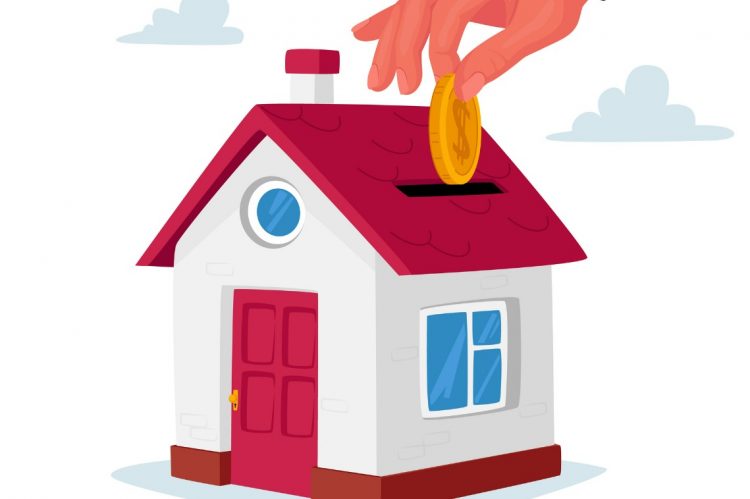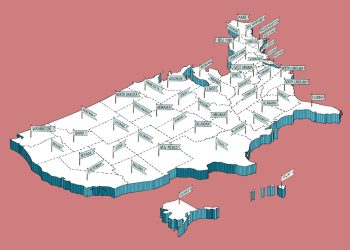In a high price market like the one real estate has seen for the past few years, many homeowners have seen a jump in their home equity. So, while home sales have been mostly down, home equity loans have not seen the same decrease.
Why Homeowners Across the U.S. Are Acquiring Home Equity Loans
Stay Connected with REW CRM’s Push Notifications
Stay on top of every opportunity with real-time alerts for key activities such as lead assignments and new inquiries. Instant updates mean faster responses, more conversations and higher conversion rates. Learn more.
Business Tip of the Day provided by
Categories
The Most Important Real Estate News & Events
Click below to receive the latest real estate news and events directly to your inbox.
By signing up, you agree to our TOS and Privacy Policy.












